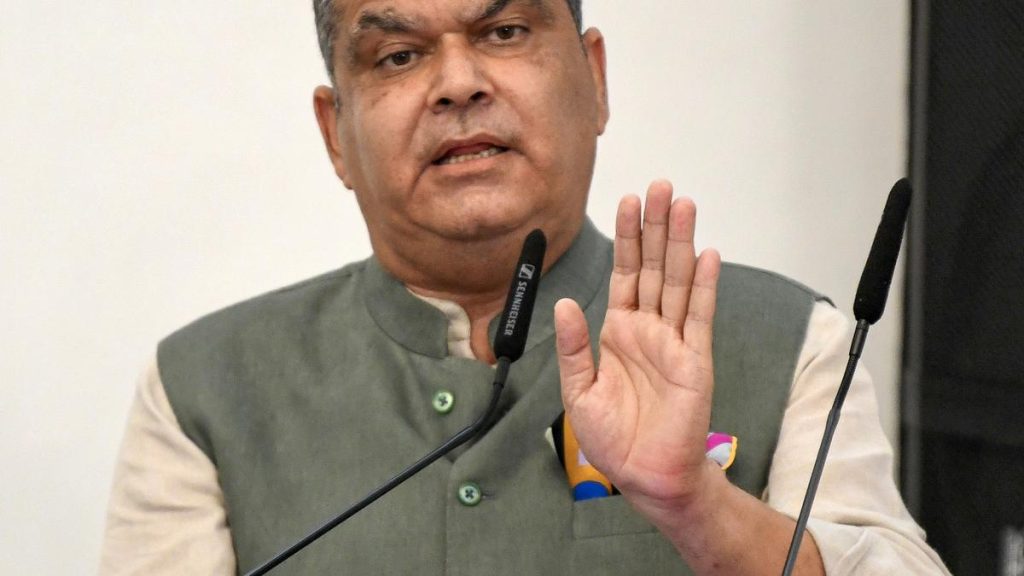Now Reading: NH 544 Alternative Road Tarring Begins at Muringoor After Protests, Court Directive
-
01
NH 544 Alternative Road Tarring Begins at Muringoor After Protests, Court Directive
NH 544 Alternative Road Tarring Begins at Muringoor After Protests, Court Directive

quick Summary
- After public protests and interventions by elected representatives, the National Highways Authority of India (NHAI) began tarring work on the alternative stretch of NH 544 at Muringoor, Thrissur-Ernakulam.
- Traffic was diverted through Aloor late Friday night to facilitate construction. Officials anticipate improved traffic flow upon project completion.
- District Collector Arjun Pandian will inspect the affected areas along NH 544 to assess traffic conditions caused by ongoing infrastructure works.
- Seven underpasses between Chirangara and Chuvannamannu have been significant contributors to traffic congestion; contractors failed to prepare adequate alternative roads in advance.
- Legal efforts from KPCC secretary Shaji Kodankandath, DCC president Joseph Tajet, and youth Congress leader O.J. Jenish enabled a Kerala High Court ruling halting toll collection until effective measures were taken. This was later upheld by the Supreme Court.
- Protests escalated Thursday when local leaders locked an NHAI site engineer inside a PWD rest house for two hours. Promises made during police mediation came after warnings of an indefinite hunger strike starting Saturday if delays persisted.
- Allegations emerged against the NHAI project director for purported illegal payments received from contractors related to construction activities.
Indian Opinion Analysis
The commencement of tarring on NH 544 represents progress following prolonged delays rooted in administrative shortcomings and insufficient planning by contractors associated with NHAI. The failure to establish proper alternate routes prior to cutting off sections of a major highway reveals gaps in execution that have severely impacted public convenience.
Legal interventions via court rulings effectively pressured NHAI into prioritizing congested stretches-a reminder that legal recourse can be instrumental when administrative actions lag behind community demands.allegations of corruption against officials, though unverified within this report’s scope, could stir further scrutiny surrounding openness in India’s infrastructure projects.
This incident highlights larger implications for India’s road infrastructure development: inefficiencies not only strain daily commutes but also undermine trust between governing bodies and citizens. Ensuring future projects incorporate robust planning-prioritizing minimal disruption-is essential as India scales its ambitious highway expansion plans.
For more details read here























